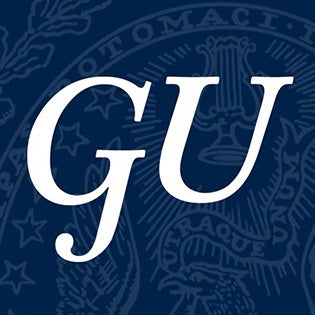PREVIOUS LANGUAGE EXPERIENCE SHAPES NOVEL LANGUAGE LEARNING W/ DR. JAMES BARTOLOTTI
About: Learning a new language is a difficult task for many people, especially in adulthood. Adult learners’ unique challenge is that they have already mastered a language and this knowledge shapes acquisition. Similarities between one’s native language and a new language can facilitate learning, whereas differences can result in interference. In this talk, we will explore how two groups with different language backgrounds, monolinguals, and bilinguals, learn vocabulary in a novel language.
The effect of cross-linguistic overlap was examined by teaching English monolinguals and German-English bilinguals words in an artificial language that were spelled similarly to one, both, or neither of their known languages. Both groups learned novel words that resembled English better than unfamiliar words. Bilinguals also benefited from German overlap and received no added benefits for dual-overlap with English and German.
The effect of cross-linguistic interference was examined by teaching English monolinguals and Spanish-English bilinguals words in an artificial language with letter-to-sound mappings that mismatched English and Spanish (e.g., the word NAKE was pronounced /fuwɔ/). Word learning in both groups was disrupted by the conflicts in letter-sound mappings, although bilinguals were able to overcome the interference with training. Both monolinguals and bilinguals experienced native-language competition during spoken word processing in the novel language, and the pattern of interference differed between groups.
Together, these studies demonstrate that prior language use affects the learning and processing of a novel language and that bilingual experience can modulate the effects of positive and negative transfer.
Bio: Dr. James Bartolotti is currently a post-doctoral researcher at Northwestern University in Viorica Marian’s Bilingualism and Psycholinguistics Research Group. He did his undergraduate work at Colgate University and received his Ph.D. from Northwestern in Communication Sciences and Disorders last fall. James’s research broadly examines how languages interact during learning, with a focus on the differences between second and third language acquisition. He also studies structural differences across languages and helped develop the CLEAR POND database which provides data on neighborhood densities in five languages. He has published in Language Learning, Neuropsychologia, Brain and Language, PLoS One, and Cognitive Science, among others, and his work has been covered by NBC, Fox News, the Huffington Post, and the Colbert News Hub.
Wednesday, April 13, 2016, at 3:30 pm
Healy Hall, 103, 37th and O St., N.W., Washington
